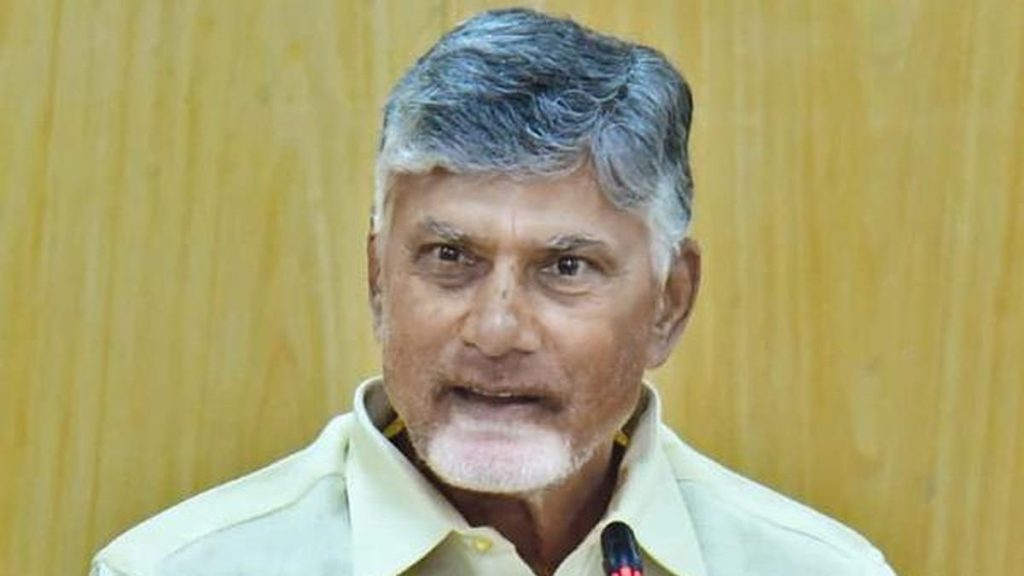Now Reading: New Scheme Empowers Haritha Karma Sena Workers with Entrepreneurial Opportunities
-
01
New Scheme Empowers Haritha Karma Sena Workers with Entrepreneurial Opportunities
New Scheme Empowers Haritha Karma Sena Workers with Entrepreneurial Opportunities

Quick Summary
- Kerala government launched a scheme to provide entrepreneurial opportunities and additional income streams for Haritha Karma Sena (HKS) workers involved in waste collection.
- Minister for Local Self-Governments M.B. Rajesh inaugurated the scheme on August 14, 2025, at Anthoor municipality in Kannur.
- As part of the initiative, an organic fertilizer production and marketing unit named ‘Bhoomika’, operated by the Anthoor HKS consortium, was opened.
- The scheme is under the Kerala Solid Waste Management Project (KSWMP) and supported by the World Bank.It aims to benefit over 7,000 HKS members across 93 municipalities through value-added enterprises like cloth bag production, organic fertilizer manufacturing, scrap trading, etc.
- Technical and financial assistance will be provided by local self-government bodies to improve living standards of HKS members while promoting lasting waste management practices.
- Non-repayable grants worth ₹24 crore will fund two enterprises per urban local body; incubation has started for all 93 enterprise units.
- Financial sanction letters were distributed for business growth projects in various municipalities such as Anthoor, Attingal, Varkala, Punalur among others during the inauguration event.
Indian Opinion Analysis
The Kerala governmentS initiative reflects a constructive approach toward addressing livelihood enhancement alongside sustainable waste management. By integrating entrepreneurship with solid waste management activities under frameworks like KSWMP-supplemented with financial support from entities such as the World Bank-the move demonstrates innovation in community development policies targeting multi-dimensional socioeconomic progress.
Targeting more than 7,000 workers engaged in urban local bodies’ waste collection service serves dual purposes: improving economic stability for vulnerable groups while promoting eco-friendly practices crucial for managing increasing urbanization challenges effectively.
Furthermore, initiatives like subsidized ‘Bhoomika’ organic fertilizer units highlight how decentralization fosters localized market solutions that can scale sustainability models statewide in addressing both environmental concerns & employment bottlenecks!.

























